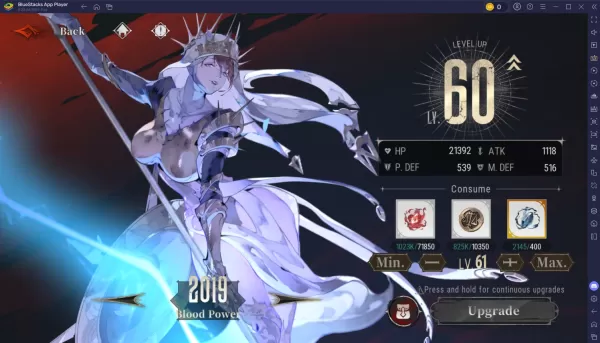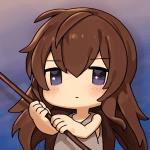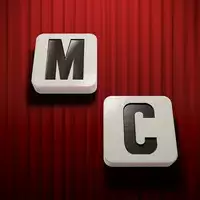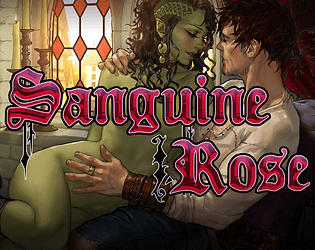
Legendary video game composer Grant Kirkhope, known for his work on Donkey Kong 64 and other classics, has revealed why his credits were missing from The Super Mario Bros. Movie despite the inclusion of the iconic DK Rap.
The Credits Controversy Explained
In an exclusive interview with Eurogamer, Kirkhope shared that Nintendo chose a selective crediting approach for music it owned. "They explained that any game music they owned wouldn't credit composers—except for Koji Kondo," Kirkhope recounted. "At first they said vocal tracks would be credited, but then changed policy on owned material too."
A Personal Disappointment
The composer humorously described watching the credits with his family: "By that point, the theater was empty except for us—just me pointing at a blank screen where my name should've been." He expressed frustration that "two lines of text" could have acknowledged his work.
Behind the Music Production
Kirkhope called the movie's DK Rap implementation "bizarre," suggesting it sounded like direct sampling from the N64 version. He revealed personal contributions: "I played guitar on that track myself, and Rare colleagues did the vocals—none of us credited."
Nintendo's Music Strategy
When asked about Nintendo's Music app potentially including Donkey Kong 64 tracks, Kirkhope shared intriguing insights: "There's always been whispers Nintendo wasn't fond of DK64. They've added David Wise's work, but ours remains excluded—even though they fully own it."
As Eurogamer noted, Donkey Kong 64's continued absence from Nintendo Switch Online adds weight to these observations, though Rambi's theme may surface in Donkey Kong Bananza.
For more from Kirkhope—including discussions about Banjo-Kazooie's future and the power of nostalgic game music—read the full Eurogamer interview.
The Mario movie franchise continues with another animated film scheduled for April 2026.















